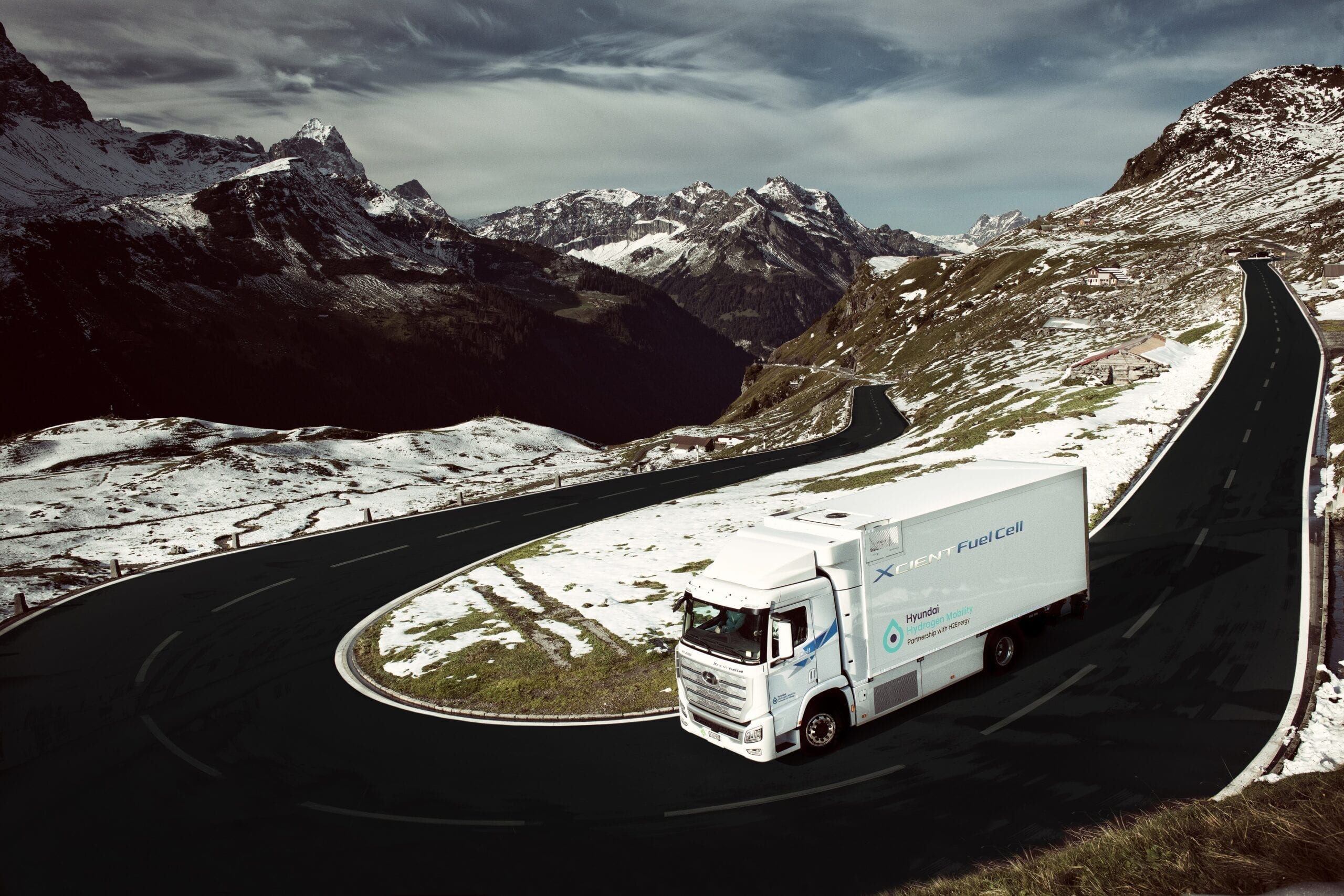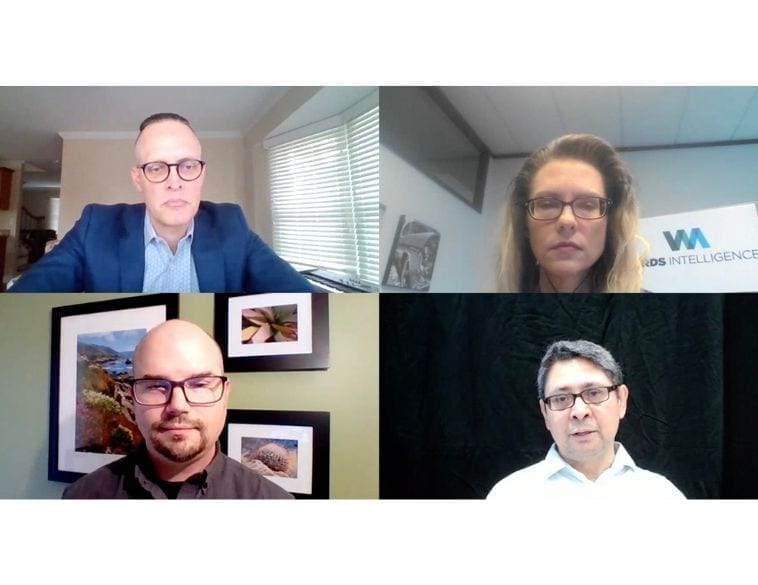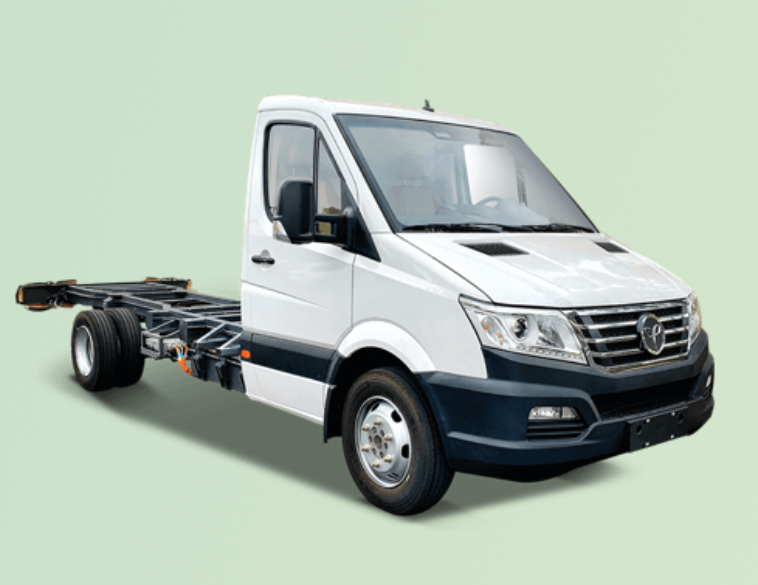COVID or not, car manufacturers are staying the course on the electrification of their vehicle offer.
At the FOCUS 2020 electrification forum, which took place on a virtual platform from November 18 to 20, representatives from Honda, Hyundai and suppliers Schaeffler and Faurecia gave an overview of the global deployment of zero-emission vehicles.
Ryan Harty, head of the Connectivity and Energy Department at American Honda Motor Company opened the event by stating that the manufacturer he represents aims to deliver only zero-emission vehicles from 2050 onwards. “We are working to evolve our hybrid vehicle offering towards the all-electric vehicle with an eye on hydrogen fuel cells. For all-electric vehicles, we are working with General Motors and foreign battery suppliers. The pandemic does not affect the deployment of our green energy vehicles; for example, we have just launched the popular CR V hybrid version.”
With its global view of the market, Hyundai, for its part, says it is following the demand. “We are constantly introducing our new technologies to receptive markets around the world,” said Gil Castillo, senior director for the Advanced Vehicle Strategy Division at Hyundai Motor Company. “We envision that by 2030, 30 percent of the world’s vehicle fleet will be electric. But markets are not moving at the same speed. Currently, in Norway, 48% of light vehicles are electric, but less than 1% in Greece.”
A Favorable Market
To want to multiply the electric and hybrid offer is one thing. Finding consumers to join is another. Success is based on listening to the needs of consumers, including commercial fleets,” said Harty of Honda. It’s about having the right products in the right places. The key to success will be leadership. “According to these experts, we need government regulations that promote electricity, and even incentives for consumers and fleet managers. And a recharging infrastructure that can keep pace with and even drive demand.
For suppliers such as de Shaeffler and Faurecia, working together is essential. There is a great deal of business proximity between these players, who support automakers at every stage of their new vehicle development. While automakers like to control their entire research and development chain, the reality today is that they need specialized suppliers to help them skip steps.
Heavy-duty Hydrogen Trucks
Hydrogen is also a clean technology in the manufacturers’ sights. Manufacturers indicate that its use in commercial vehicles would be the logical next step. Developing, for an equivalent mass, more energy than batteries, the system can be recharged more quickly.
For Hyundai, this path is at the heart of its research and is already leading to the commissioning of cargo trucks powered by hydrogen fuel cells. “Korea wants to be a leader in this technology,” explained Gil Castillo. “We have no fossil fuel resources and our government wants the entire hydrogen industry cluster to move forward together.”
Last October, Hyundai delivered the first of 50 hydrogen-powered Xcient cargo trucks booked by Swiss customers, including the Migros supermarket chain, developed in partnership. While analysts predict that hydrogen technology will be as affordable as its diesel equivalent by 2030, its cost is still significantly higher at the moment. To conclude the agreement with the Swiss, the Korean manufacturer proposed a pay-per-use formula.

The project was carried out in collaboration with these commercial partners to establish the optimal routes, but also to set up the necessary filling stations. After Switzerland, Hyundai wants to implement this technology in other small European countries before approaching the American giant.
Hydrogen for all
Ryan Harty of Honda says, “We can also think about the potential of hydrogen in consumer markets, which could be interesting for light-duty vehicles. Electricity generation, in times of low demand, is virtually wasted. It could be converted and stored as hydrogen. This would be a logical solution in large centers where housing units do not allow for electric charging stations. It would be a complementary solution that goes in the same direction of clean fuel.”



